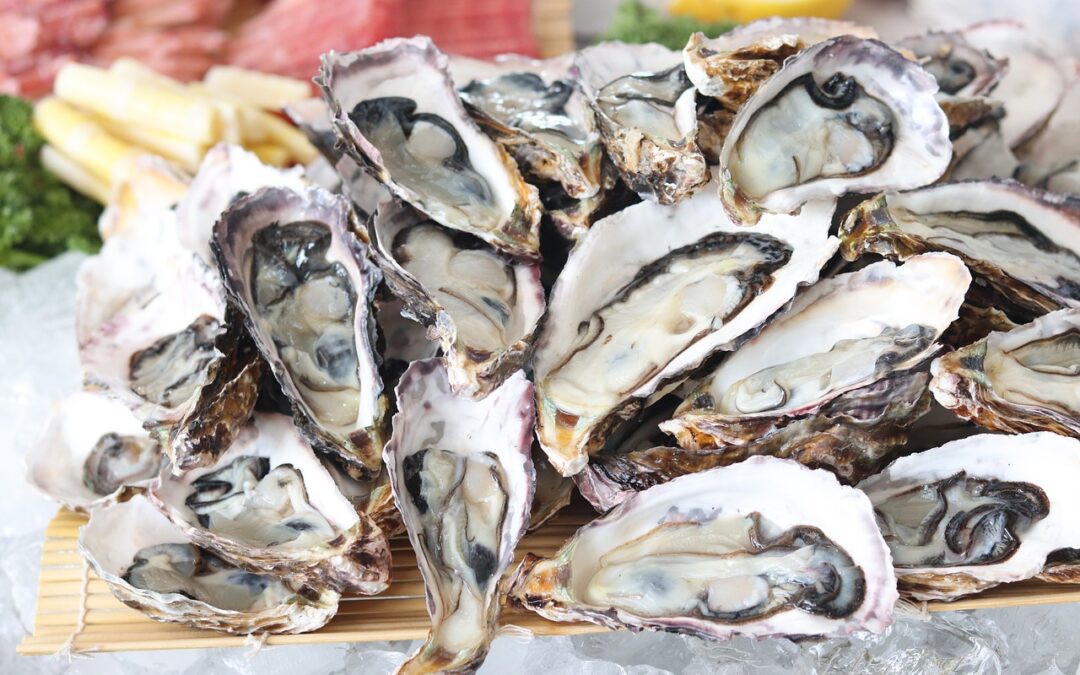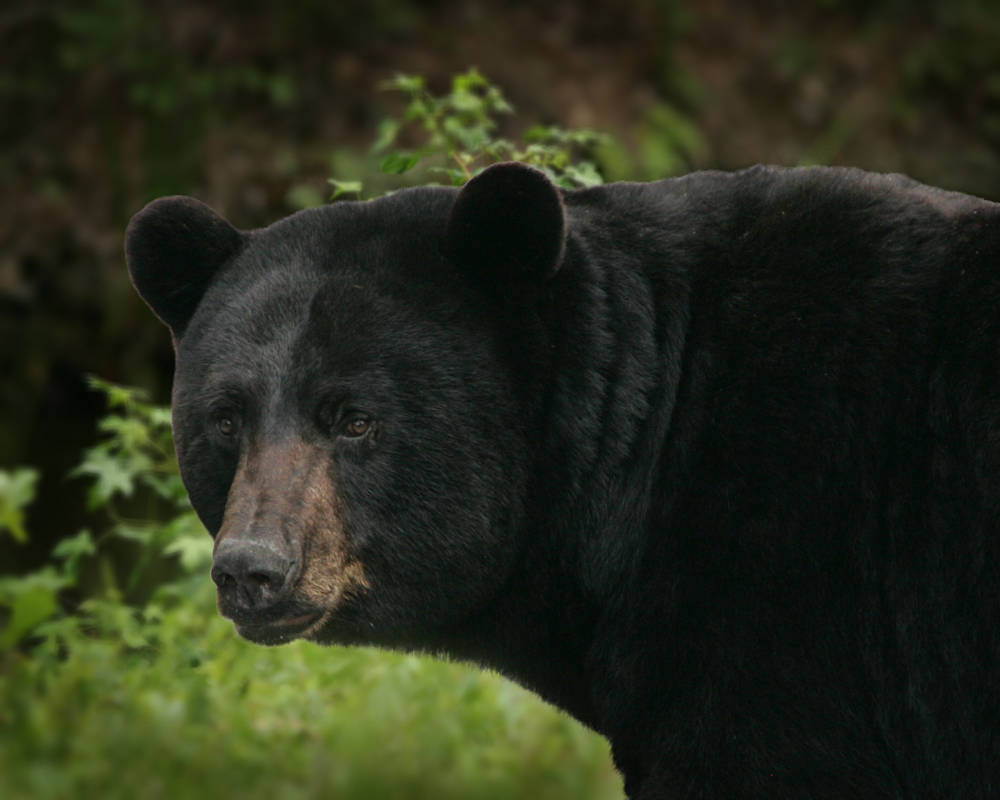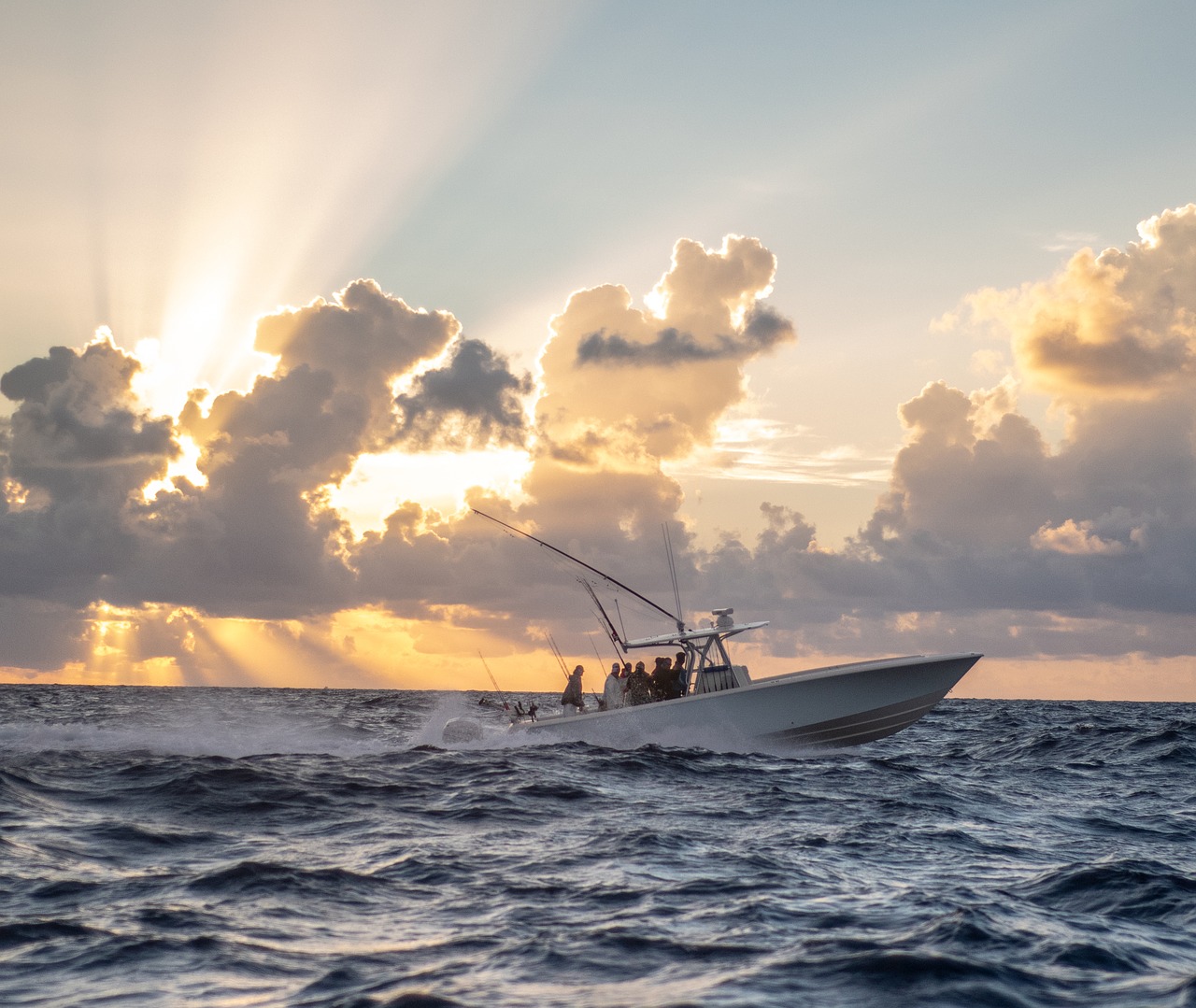SCDNR closes shellfish harvest season for the summer beginning May 31 and will reopen in October.
South Carolina’s 2019-2020 season for harvest of oysters, mussels, clams and all other bivalves from State Shellfish Grounds and Public Shellfish Grounds will close on Sunday, May 31, 2020 at one half hour after official sunset.
Because higher bacterial levels occur when water temperatures exceed 80 degrees Fahrenheit, shellfish harvesting during the summer months is limited to commercial harvesters who can meet rigorous handling requirements. Coastal waters will remain closed to recreational shellfish harvesting until the fall, when water temperatures begin to cool and ensure that shellfish are once again safe for harvesting and consumption. Shellfish harvesting is expected to reopen October 1, 2020. Find out more about shellfish harvesting regulations here.
Although shellfish harvesting is closed to the public during the summer, the South Carolina Oyster Recycling and Enhancement (SCORE) program accepts recycled oyster shells year-round. Shell recycling drop-off locations are located throughout coastal counties and at a few inland locations. Collection sites can be found online. Other types of shell, such as clams and whelks, are also accepted.
During the summer months, SCDNR biologists return the recycled shell to shorelines, where it provides an ideal base for juvenile oysters to attach and grow, thereby replenishing harvested beds. When the quantity of shell needed to replant shellfish grounds exceeds that which is recycled, SCDNR must purchase shell at increasing cost. Even a modest increase in recycled shell can save a significant amount of money. SCDNR’s shellfish recycling, restoration and enhancement efforts are funded in part by saltwater recreational fishing license sales.
Typically, late spring and early summer are also busy months for SCORE’s community-based oyster restoration work, in which the public is invited to work with SCDNR staff and other volunteers to create oyster habitat using recycled shell. The resulting oyster reefs provide a host of ecological services, including water filtration, nutrient cycling and habitat for fish and invertebrates.
 Reviewed & endorsed by Jim Casada of Sporting Classics who said, “This is relaxed literature on the outdoors in the vein of Babcock, Rutledge and Ruark in his ‘Old Man’ pieces.” Buy Now
Reviewed & endorsed by Jim Casada of Sporting Classics who said, “This is relaxed literature on the outdoors in the vein of Babcock, Rutledge and Ruark in his ‘Old Man’ pieces.” Buy Now




